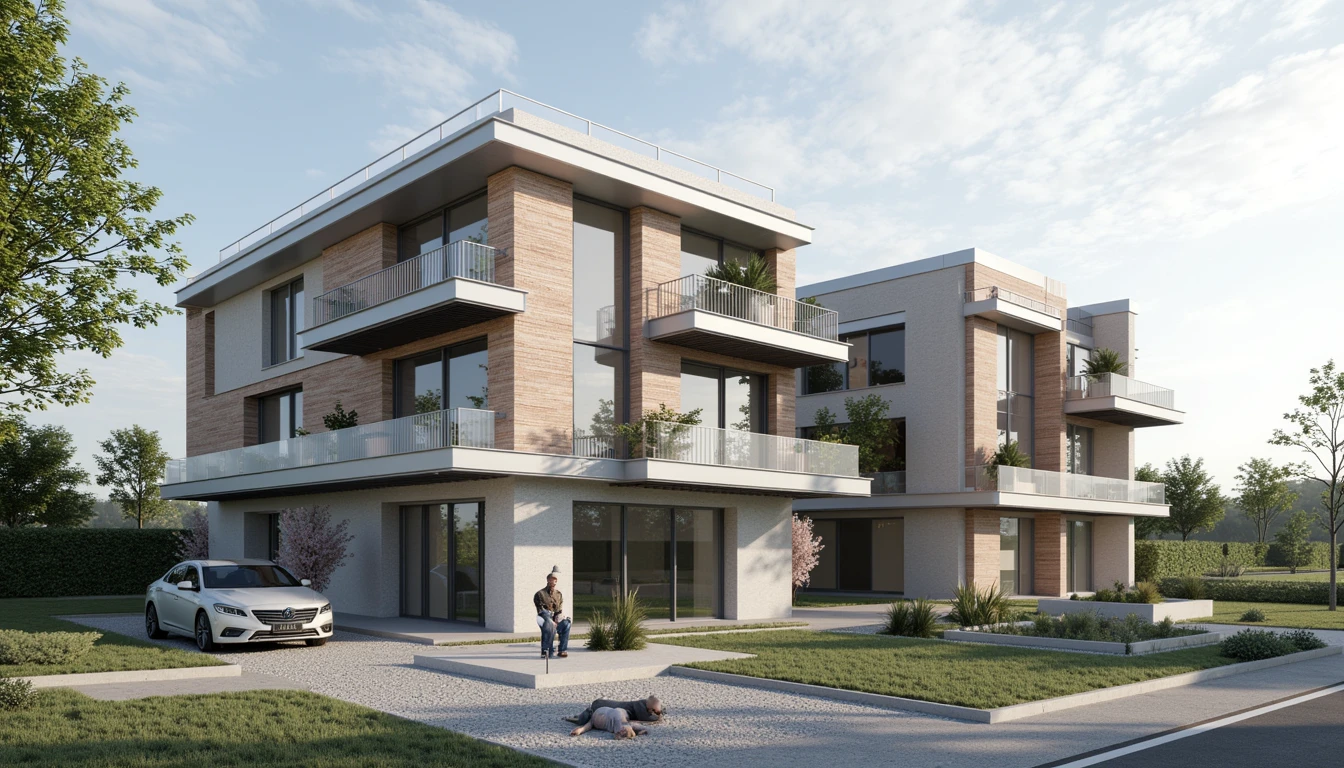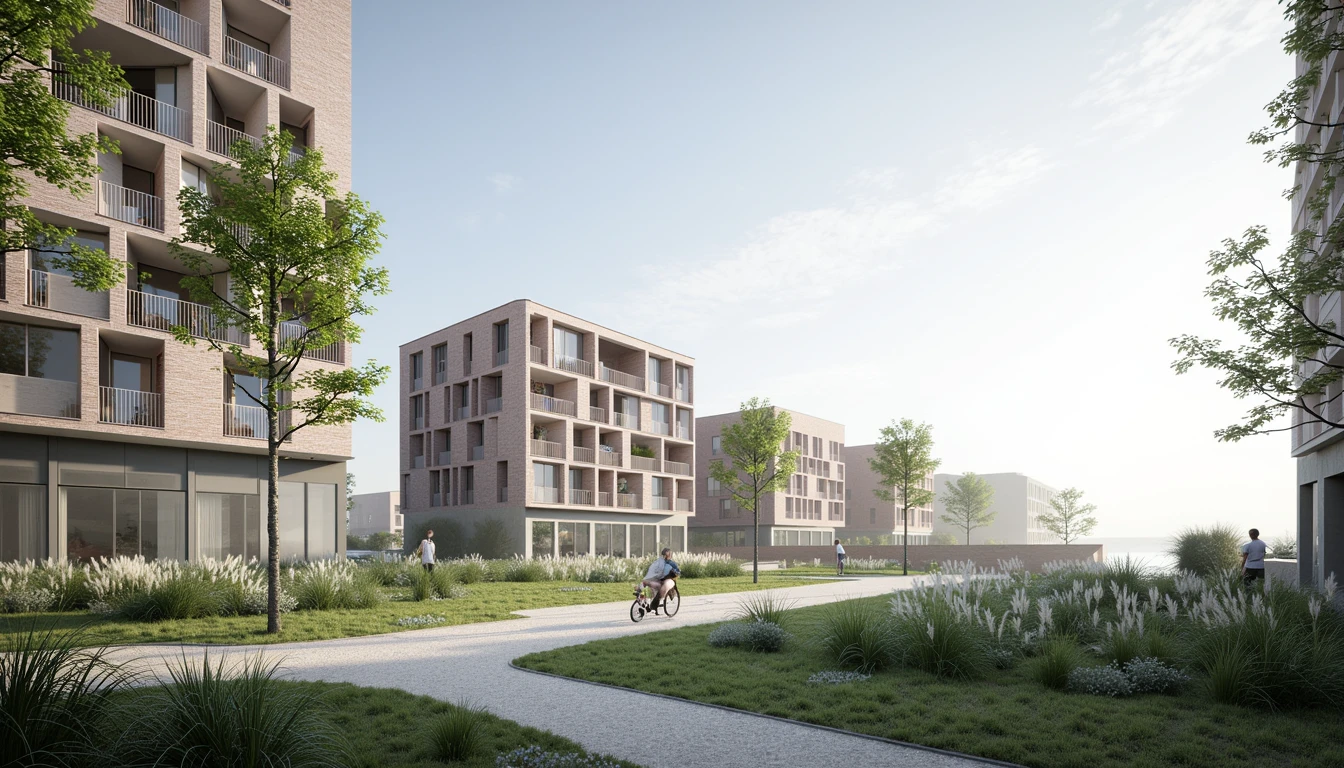Introduction

The real estate industry is undergoing a dramatic transformation, fueled by rapid technological advancements. PropTech, short for Property Technology, is at the forefront of this revolution, reshaping how we design, build, buy, sell, and manage properties. From virtual reality tours to AI-powered property valuations, PropTech is creating new opportunities and efficiencies across the entire real estate lifecycle. This article explores the key trends and technologies driving this evolution and offers insights into the future of PropTech.
Architectural Visualization: Immersive Experiences
3D Modeling and BIM
Building Information Modeling (BIM) and 3D modeling are no longer just design tools; they are integral to the entire project lifecycle. BIM provides a centralized platform for all project data, facilitating collaboration and reducing errors. 3D models offer immersive visualizations, enabling stakeholders to experience a space before it's built.
Virtual and Augmented Reality
Virtual Reality (VR) and Augmented Reality (AR) are transforming how properties are showcased and experienced. VR tours offer potential buyers immersive walk-throughs, while AR overlays digital information onto the real world, allowing clients to visualize furniture placement or building modifications in real-time.
Digital Twins
Digital twins are virtual replicas of physical buildings, integrating real-time data from sensors and IoT devices. These dynamic models allow for ongoing performance monitoring, predictive maintenance, and optimized building management.
PropTech Solutions for Smarter Buildings

Internet of Things (IoT)
IoT devices are becoming increasingly prevalent in buildings, collecting data on everything from energy consumption to occupancy patterns. This data provides valuable insights for optimizing building performance, enhancing tenant comfort, and reducing operational costs.
Smart Home Technology
Smart home technology is blurring the lines between residential and commercial real estate. Features like smart thermostats, lighting control, and security systems are becoming standard, offering increased convenience, efficiency, and security.
Building Management Systems (BMS)
Modern BMS platforms leverage data analytics and AI to optimize building operations. These systems can automate tasks, predict maintenance needs, and improve energy efficiency, resulting in significant cost savings.
Transforming Transactions: Buying and Selling
Online Marketplaces and Portals
Online platforms are revolutionizing how properties are listed, marketed, and sold. These marketplaces provide greater transparency, access to a wider audience, and streamlined transaction processes.
Blockchain Technology
Blockchain has the potential to disrupt traditional real estate transactions by enabling secure, transparent, and efficient property transfers. Smart contracts can automate processes and reduce the need for intermediaries.
AI-Powered Property Valuations
AI algorithms are increasingly used to generate accurate property valuations, taking into account a wide range of data points, including market trends, location, and property features.
Property Management Reimagined

Tenant Management Software
Cloud-based tenant management platforms streamline communication, automate rent collection, and simplify maintenance requests, improving both tenant satisfaction and operational efficiency.
Data-Driven Decision Making
PropTech provides property managers with access to real-time data and analytics, enabling them to make informed decisions regarding pricing, maintenance, and investment strategies.
Predictive Analytics for Maintenance
AI-powered predictive analytics can anticipate maintenance needs, preventing costly breakdowns and extending the lifespan of building systems.
The Future of PropTech: Trends and Predictions
Increased Adoption of AI and Machine Learning
AI and machine learning will play an increasingly important role in all aspects of real estate, from property valuations to building management. These technologies will drive greater efficiency, automation, and personalization.
The Rise of the Metaverse and Virtual Real Estate
The metaverse is creating new opportunities for virtual real estate development and investment. As virtual worlds become more immersive and integrated into our lives, virtual properties are likely to gain significant value.
Sustainability and Green Building Practices
PropTech is playing a crucial role in promoting sustainable building practices. From energy-efficient building systems to smart grids, technology is helping to reduce the environmental impact of the built environment.
Focus on Data Security and Privacy
As the real estate industry becomes increasingly reliant on data, ensuring data security and privacy will be paramount. Robust cybersecurity measures and ethical data handling practices will be essential.
Conclusion

The future of real estate is inextricably linked to the continued evolution of PropTech. These technological advancements are transforming how we design, build, buy, sell, and manage properties, creating a more efficient, transparent, and sustainable industry. By embracing these innovations, real estate professionals can unlock new opportunities and shape the future of the built environment.